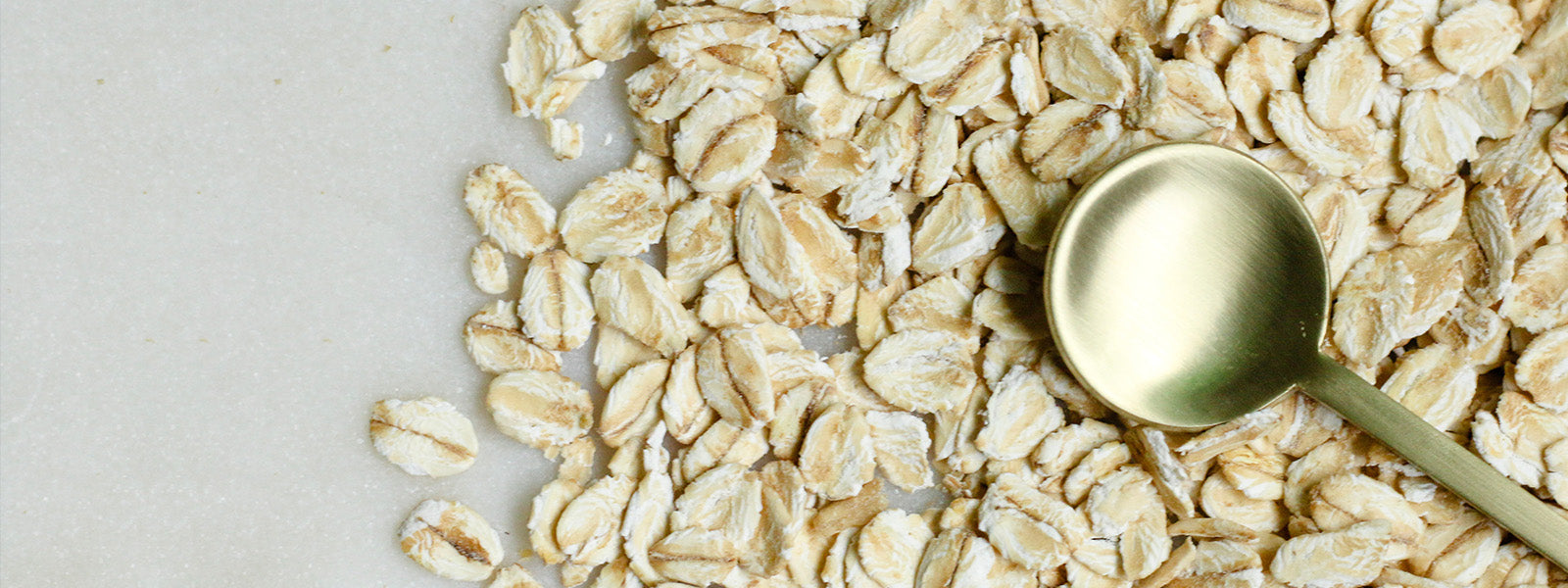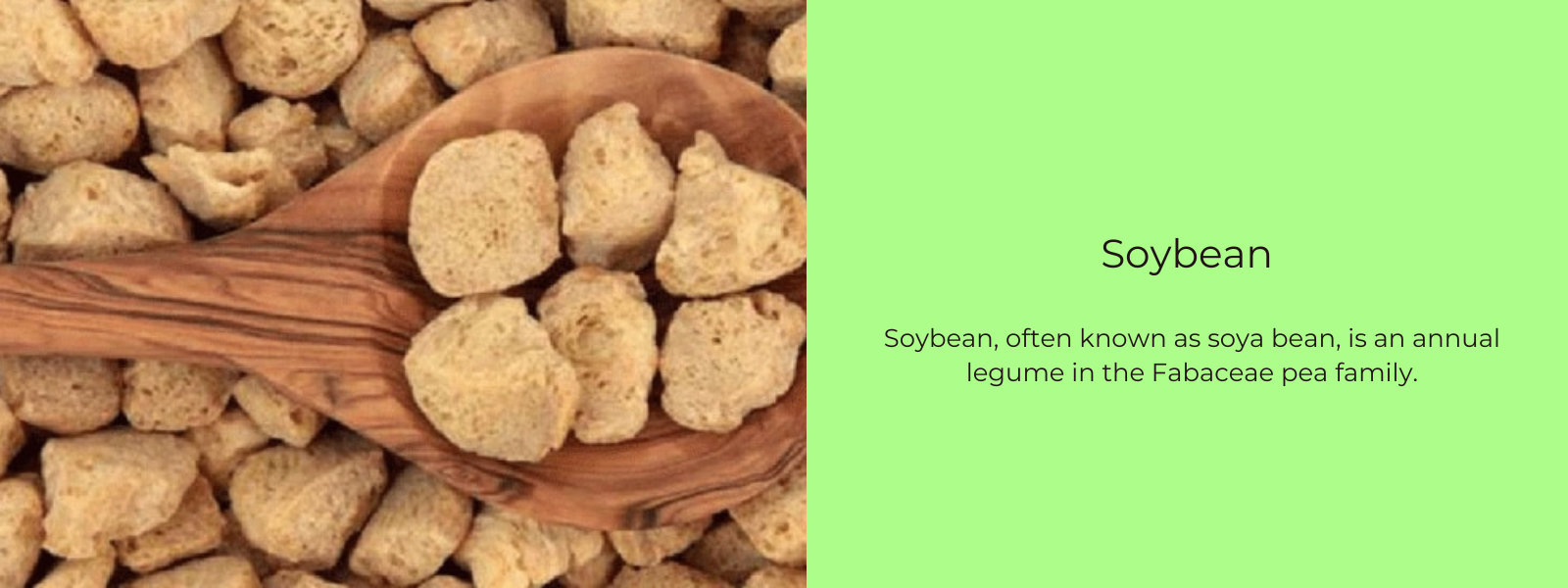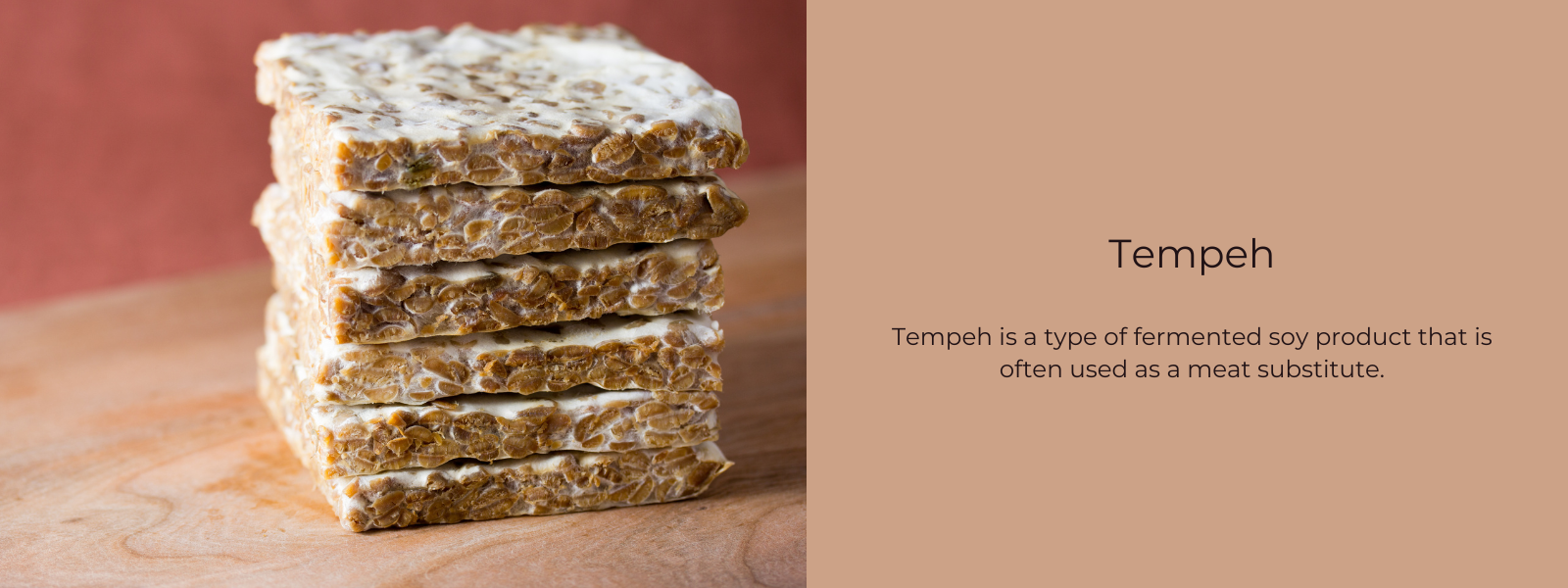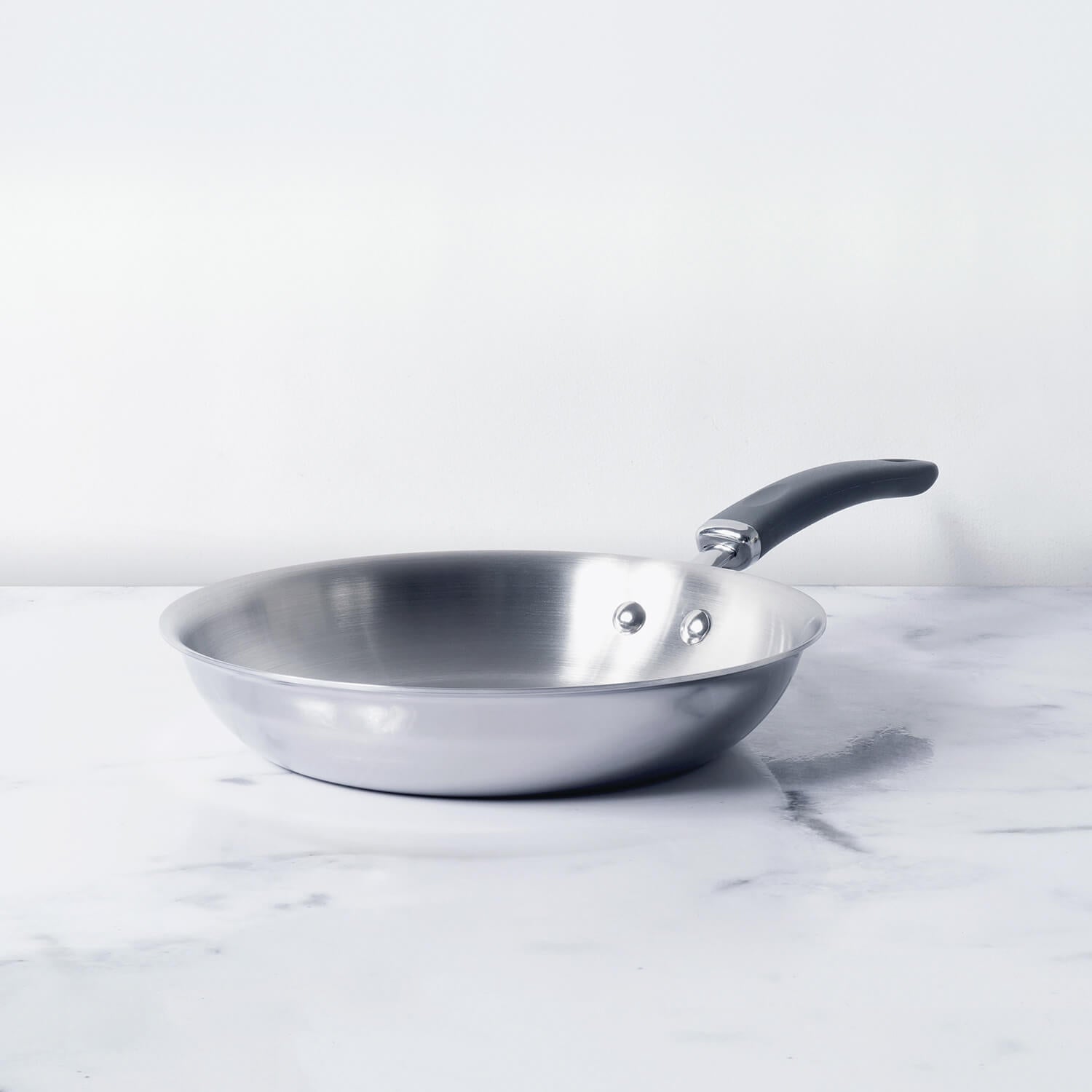Spirulina is a kind of blue-green algae that can be used as a supplement to a person's food. Spirulina is considered to be a superfood as it is high in nutrients and can be good for your health in many ways.
Spirulina has protein and vitamins, so people who are vegetarian or vegan can use it as a supplement to their food.
Table of Contents
What is spirulina?
Spirulina is a type of blue-green algae that is thought to be among the earliest forms of life on Earth.
Spirulina was initially consumed by the Aztecs as a way to increase their stamina. They also used spirulina to treat various types of diseases, and stories say that the algae helped the kingdom's messengers run marathons. It is now called a "superfood" as it has a lot of nutrients, including as much protein as an egg.
Spirulina tastes bitter, so it is often mixed with yoghurt, juice, or drinks to make it taste better. As a supplement, spirulina is often sold at health food shops.
Uses of spirulina:
Spirulina is grown all over the world and can be taken as a supplement or eaten as a whole food. It also comes in pill, flake, and powder form. It is also used in the aquaculture, aquarium, and poultry businesses as a feed supplement. Spirulina is being studied to help with malnutrition, food security, and as a food supplement for long-term space travel or trips to Mars.
Nutritional profile of spirulina:
The United States Department of Agriculture (USDA) state that one tbs or 7 grams of dried spirulina has the following nutrients:
20.3 calories
4.02 g of protein
8.4 milligrams (mg) of calcium
1.67 g of carbohydrate
0.54 g of fat
8.26 mg of phosphorus
95.2 mg of potassium
2 mg of iron
13.6 mg of magnesium
73.5 mg of sodium
0.7 mg of vitamin C
Health benefits of spirulina:
Let's explore how spirulina affects the health and function of humans when taken as a supplement. The health benefits of spirulina are as following:
1. Great Nutritional Profile
Potassium, salt, and vitamin A are the three micronutrients, which are found in the most spirulina. Potassium and salt both help keep the balance of fluids, control muscle contraction, and send nerve impulses.
Vitamin A is a very important part of keeping the organs (like the heart, lungs, kidneys, and brain) healthy. It is also needed for good eyes, reproduction, and a strong immune system.
Other important nutrients in spirulina that are good for your health are calcium and magnesium. Both of these contribute to keeping bones strong and healthy, control heart rate, and build a strong immune system.
2. Better heart health
Spirulina is good for the heart because it lowers the levels of bad cholesterol as well as blood pressure. One recent study looked at the effect of spirulina supplements on LDL levels. It found that participants' LDL levels dropped by 10% after taking just 1 gram of spirulina every day for 3 months.
3. Anti-Inflammatory Properties
Oxidative stress can hurt the body, but antioxidants can protect it. Spirulina has a lot of antioxidants, and eating it daily may help to reduce inflammation along with the risk of getting a long-term disease like cancer by lowering the effects of oxidative stress.
Phycocyanin is the main antioxidant in spirulina. It is also what gives spirulina its greenish-blue colour. Scientists have found that phycocyanin is very good at stopping inflammatory reactions.
4. Enhances performance
Adding Spirulina to your diet may also help you get in shape. Oxidative stress is a side effect of exercise, so if you eat a lot of antioxidants, it may make you feel less stressed when you work out.
5. Makes skin healthy
Spirulina is good for the skin in many ways because it is full of vitamins like A, E, and B-12. It improves the health of the skin as a whole, making it softer, brighter, and look younger. The antioxidants present in spirulina attack the free radicals that damage the skin, leaving the face clear of spots and acne.
6. Promotes weight loss
Spirulina can help you lose weight because it gives your body the nutrients it needs and makes you less hungry for bad foods that make you gain weight.
Best ways to eat spirulina:
The two most popular ways to take spirulina are:
Tablet Form of Spirulina
If you already take supplements like multivitamins and fish oil, all you have to do is add a spirulina tablet. In general, health effects have been seen at doses between 1 and 8 grammes per day.
Powder Form Spirulina powder
Spirulina powder can be added to a lot of different foods and drinks. The easiest way to get spirulina into your diet is to blend the powder into a glass of water and drink it. But keep in mind that most people don't like the taste of spirulina at first, and it can take some time to get used to it.
If you don't like its taste or find it hard to drink, try putting it in a shake or fruit juice instead. Not only will adding fruits make the drink taste much better, but it will also have more micronutrients, which could be good for your health.
Spirulina can also be added to salads, stews, pesto, stocks, soups, omelettes and hummus among other things.
Side effects of spirulina:
- Some people who have taken spirulina have experienced nausea, allergic reactions, headaches, pains, and trouble sleeping, among other things.
- People with phenylketonuria (PKU) shouldn't take spirulina because it includes phenylalanine, an amino acid that PKU patients can't break down.
- People with inflammatory diseases like multiple sclerosis, rheumatoid arthritis lupus should also stay away from spirulina. This is considering Spirulina has a lot of Phenylalanine, an amino acid that boosts the immune system. People with problems with their immune systems will be hurt by this.











Leave a comment